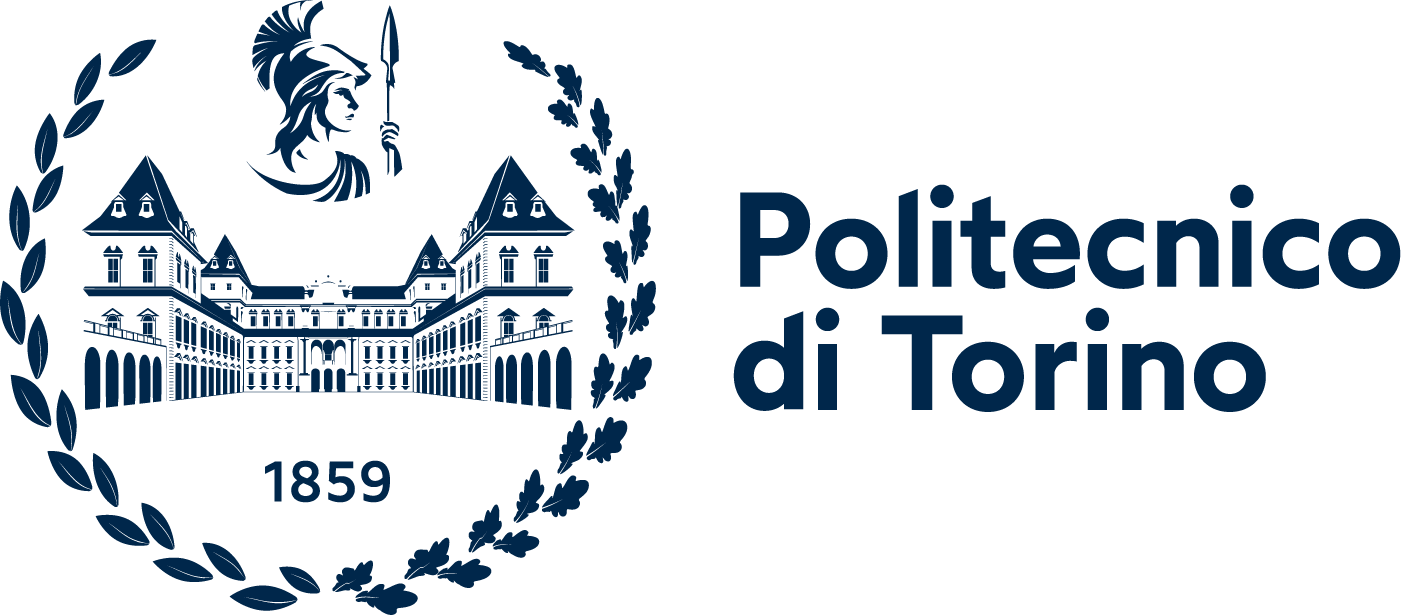IMPORTANT INFORMATION FOR COMPSAC 2022 AUTHORS
COMPSAC 2022 will be completely virtual as it was in 2020 and 2021, and all presentations will be done virtually. We will announce this update also in the submission acceptance letters to authors. Authors of accepted papers will be required to provide a video of their presentation together with the submission of the final version of their papers. COMPSAC will provide detailed guidance regarding preparation and submission of these videos.
2nd IEEE International Workshop on Dynamic Data Science and Big Data Analytics in Finance (DDS-BDAF 2022)
Goal of the workshop:
The computational finance workshop aims to foster cooperation among academics, researchers, and practitioners in dynamic data science applications. This workshop will enable exchange of ideas on latest academic/industrial experience for novel forecasting models, dynamic modeling of big data in finance, developing novel filtering, smoothing and forecasting algorithms for algorithmic trading, machine learning and risk management. Current trends in decentralized finance research and application in closely related markets such as electricity market are also focused in the 2nd edition of this workshop.
Workshop theme:
Today, principles of computational finance are combined with advanced mathematical structures and dynamic data science to form useful financial models, strategies and products that are tested and implemented with the use of novel quantitative techniques such as smoothing/filtering/forecasting in both traditional and decentralized finance worlds. Use of computing technology is pervasive throughout this process.
Computational Finance is an area referred to under a variety of names, for example, ‘financial engineering’, quantitative finance, and ‘mathematical finance’. In all cases there is an effort that involves ‘financial’, ‘mathematical’, ‘quantitative’ and ‘computational’ thinking to build, test and implement models that are at the center of financial activities. In the last decade, Computational Finance (CF) has influenced the market place extensively with enormous impact on wealth building, employment opportunities, and tremendous economic growth. This field forms an ever-expanding part of the financial sector, in numerous ways today. Use of high performance computers for research in computational finance has grown steadily in the last decade especially due to large volume of data to be analyzed (in both traditional and decentralized finance). The time is ripe to collect these researchers to exchange their ideas, models and results through a conference meeting. This workshop will continue to provide a platform in bringing together researchers in the area of finance who design and develop data-driven, data-centric and other models at a venue where computers, software and applications are the fundamental threads of discussions and arguments.
Machine Learning (ML), Computational Intelligence (CI) and Fuzzy models have become an essential part in finance industry for many decision processes including algorithmic trading. Supervised learning is the most widely utilized form of machine learning. Its goal is to predict the response from the associated features. Regularization puts extra constraints on a machine learning model and enhance the predictive performance of the dynamic models, and these constraints and penalties are designed to encode specific kind of prior knowledge. Algorithmic trading uses these concepts to place a trade and generate profits at a speed and frequency that is impossible for a human trader. As the models and techniques are developed and published, algo trading is becoming a tool for common investors for online trading, which otherwise has been a profitable trading strategies for professional traders. This workshop will further this direction of research.
The papers to be presented at the workshop will
(i) expose the COMPSAC attendees to an emerging and somewhat “new” activity (dynamic risk management, algo trading etc.) in Computer Science and excite them first;
(ii) examine the problems in finance and bring out computing and data challenges these problem pose and how data analytics knowledge and practice could be employed to various problems in finance.
Scope of the workshop:
The papers to be presented at the workshop will cover fundamentals of finance (for example, algorithmic trading, pricing options and other derivatives, risk management strategies, mining cryptocurrency transactions, forecasting prices in traditional and decentralized finance, electricity markets etc.), introduce the computational issues therein and report latest findings and understanding of financial results that would not have been possible without the use of big data analytic models and approaches.
Computer scientists, engineers and others participating in this workshop, with or without any finance background will be able to familiarize themselves with the area of finance, expose themselves to various financial markets and will get a first-hand experience of formulating finance problem into a computational problem. They will also witness live discussions on various topics, for example, value-at-risk (VaR) analysis, risk management, portfolio management, advanced models for option pricing and beyond, difficulties in solving the resulting stochastic partial differential equation, various numerical techniques, handling big data in these different problems in both traditional and decentralized finance and employing multi-core computers and algorithms on the above methods and techniques.
The main objective of this workshop this year is to provide attendees with the basics of finance models, theoretical understanding and practical implementation of the models. Stronger discussions will result out of the presentations and the experience could lead them into the formulation, implementation of the models used by the practitioners in financial sector. The workshop program will essentially be of high quality.
Broad topics include the following non-exhaustive list:
- Advances in financial models
- Big data Analytics in Finance
- Forecasting Financial market (stock price, stock price movement)
- Financial Risk forecasting
- Financial credit score
- Portfolio Management
- Algorithmic, high frequency trading
- Derivatives Pricing
- Decentralized and digital finance
- Cryptocurrencies (trends and mining transactions etc.)
- Electricity Market
- and more
Likely participants: Academics, researchers, and practitioners in the field of finance for example algo traders.
Please visit Information for Authors for formatting instructions, page limits, and IEEE paper templates.
Important dates for submission and notification are listed here.
Workshop Organizers
Dr. Ruppa K. Thulasiram, Professor, Department of Computer Science, University of Manitoba, Canada
Email: tulsi.thulasiram@umanitoba.ca
Web: www.cs.umanitoba.ca/~tulsi
https://sci.umanitoba.ca/cs/profiles/thulasiramruppatulsi/
Dr. A. Thavaneswaran, Professor, Department of Statistics, University of Manitoba, Canada
Email: Aerambamoorthy.Thavaneswaran@umanitoba.ca
Web: https://home.cc.umanitoba.ca/~thavane/
https://sci.umanitoba.ca/statistics/profiles/athavaneswaran/
Advisory Committee
Amir Atiya, University of Cairo, Egypt
Anthony Brabazon, University College Dublin, Ireland
Joe Campolioti, Wilfred Laurier University, Canada
Sanjiv Das, Santa Clara State University, USA
Prof. Mary Thompson, University of Waterloo, Canada
Program Committee
S.S. Appadoo, University of Manitoba, Canada (appadoo@umanitoba.ca)
Amir Attiya, Egypt University of Cariso, Egypt, (aatiya@mindspring.com)(amiratiya@link.net)
Roseangela Ballini, The University of Campinas, Brazil
Peter A. Beling, University of Virginia, USA
J. Campolioti, Wilfred Laurier University, Canada
Roy Freedman, Inductive Solutions and New York University, New York
Chengui Kai, Jinxin Finance LLC, New York, NY
Uzay Kaymak, Eindhovan University of Technology, Netherlands
You Liang, Ryerson University, Canada
Saumen Mandal, University of Manitoba, Canada
Takanobu Mizuta, SPARX Asset Management Co., Ltd., Japan
Giray Okten, Florida State University, USA
Viji Pai, PSG College of Technology, Coimbatore, India
Alex Paseka, University of Manitoba, Canada
Shelton Peiris, Univ. of Sydney, Australia
V. Ravi, IDRBT, Hyderabad, India
Dedi Rosadi, Universitas Gadjah Mada, Indonesia
Ashok Srinivasan, University of West Florida, USA
M. Thenmozhi, Indian Institute of Technology, Chennai, India
Alan Wagner, University of British Columbia, Canada
Xin-She Yang, Middlesex University London, UK
Lingjiong Zhu, Florida State University, USA


